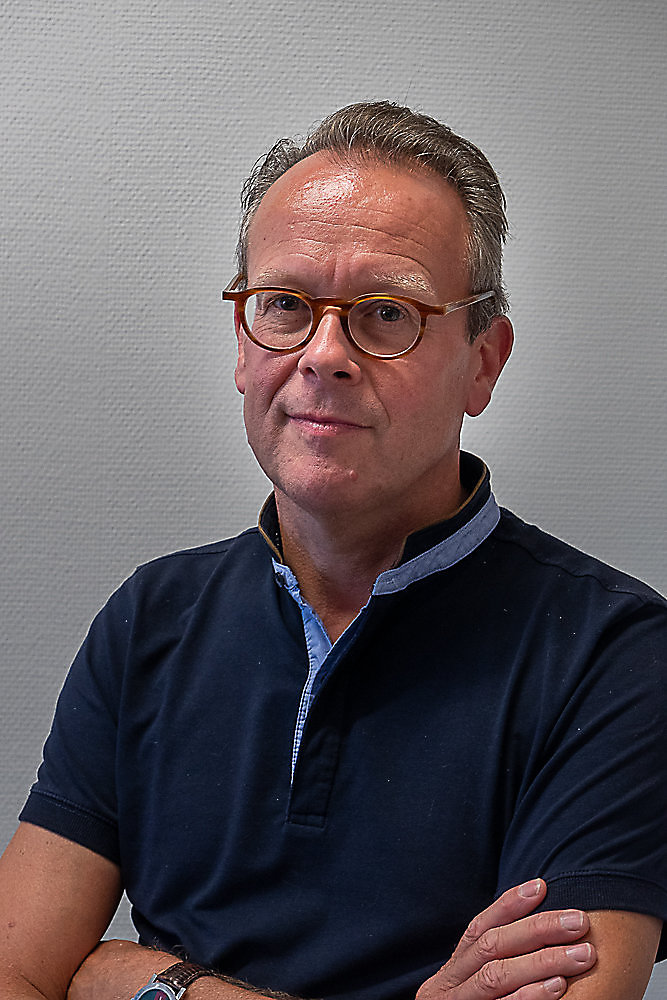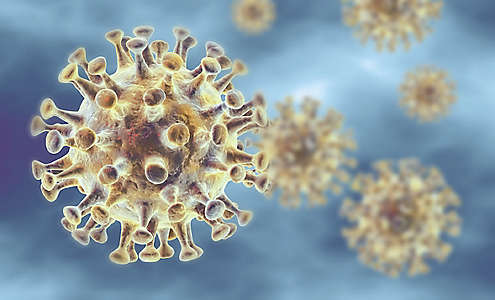Frank Devlieghere is professor in the field of Food Microbiology and Preservation at Ghent University in Belgium. He is also a consultant for several food companies and their suppliers helping them in product and process innovations. His key areas are food packaging, microbial spoilage and safety, new food preservation methods and predictive modelling. We talked to him about food safety and preservation and trends in the food industry. This is part two of our interview.
Kemin: What preventive measures can companies take in the field of food safety?
Prof. Devlieghere: Ever since the dioxin crisis (Belgium, 1999), a lot of work has been done on the technical aspect. On that level we have taken enormous steps. But we must not forget that people are also an important link in the entire process. We all need to work on a food safety culture. Resources need to be mobilised, both by governments and by corporate management. Another important point is the sanitation of machines. The machinery has been adapted to ensure occupational safety. Machines are therefore more covered, which makes it harder to open and clean them. As a result, micro-organisms in corners and crevices can increase the chance of contamination.
Kemin: What trends do you see in the field of food safety today?
Prof. Devlieghere: I believe the two main trends are: the "One Health principle" and transparency. The One Health principle assumes that humans, animals and their environment are one. Micro-organisms are constantly exchanged, which can highly influence food safety. Transparency is also becoming more important. Consumers want to know where their products originate from, what trajectory it has followed and what it contains. On the other hand, for competitive reasons, a company cannot just reveal every single supply chain or product detail. It is a difficult but important balancing act for the sector.


